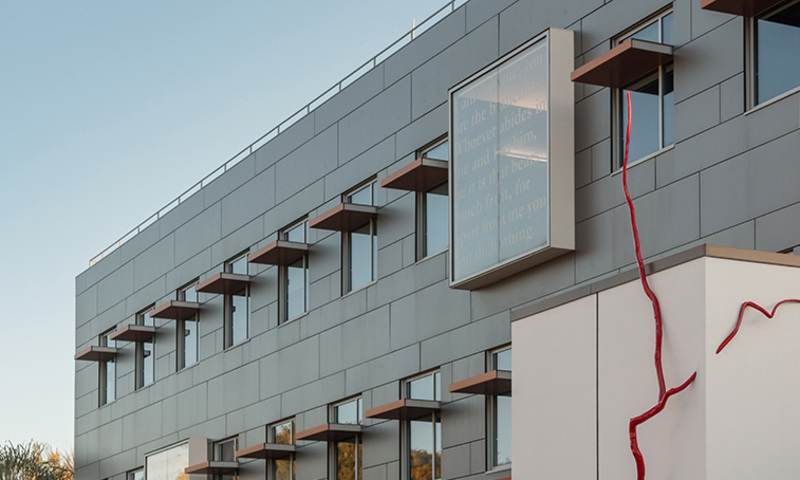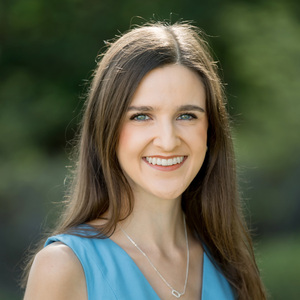Talbot School of Theology is now the third-largest multi-denominational seminary in the world and one of the top 10 largest seminaries overall, according to this yearŌĆÖs annual report from the Association of Theological Schools (ATS). The comparisons are measured according to the number of full-time equivalent (FTE) students enrolled at each school, with Talbot growing to 753 FTE graduate students during the past year.
ŌĆ£IŌĆÖm thrilled that Talbot is now the third-largest multi-denominational seminary on the list, because I think weŌĆÖre offering a uniquely helpful educational experience,ŌĆØ said Dr. Ed Stetzer, TalbotŌĆÖs dean. ŌĆ£We take our role as a global provider of theological education very seriously.ŌĆØ
Out of the top 10 schools, six identify with the Southern Baptist Convention and only two are in California, with the rest being in the South or Midwest. Of the three multi-denominational schools in the top 10, or seminaries that do not identify with a specific denomination of Christianity, Talbot is only behind Dallas Theological Seminary in Texas, which enrolls 1,361 students, and Asbury Theological Seminary in Kentucky, enrolling 888 students.
ŌĆ£I love celebrating the story of the non-denominational seminaries, because it demonstrates how evangelical Christianity Is a wider, cooperative movement rather than simply a collection of siloed denominations,ŌĆØ Stetzer said.
Talbot School of Theology integrated BiolaŌĆÖs former Cook School of Intercultural Studies last year, which now places a higher emphasis on missions work in TalbotŌĆÖs curriculum. Talbot also houses a degree-granting seminary program in NewYork City and is celebrating the start of cohorts in Seattle, Phoenix, Las Vegas, CaliforniaŌĆÖs Bay Area, Portland, Oregon, and other locations.
ŌĆ£While these are challenging times for seminaries, this yearŌĆÖs ATS report shows encouraging signs of vitality for the future of seminary education in the United States,ŌĆØ Stetzer said. ŌĆ£We need flourishing, gospel-focused seminaries to train pastors for ministry and mission, for the sake of the mission, the good of the church and the glory of God. IŌĆÖm encouraged by many of the positive signs of growth from the ATS report.ŌĆØ
 Biola University
Biola University



.jpg)